
漢德百科全書 | 汉德百科全书
 Argentina
Argentina
 Australia
Australia
 Belgium
Belgium
 Brazil
Brazil
 China
China
 Denmark
Denmark
 Germany
Germany

 Financial
Financial
 International Bank for Cooperation
International Bank for Cooperation
 France
France
 India
India
 Indonesia
Indonesia
 Internationaler Währungsfonds
Internationaler Währungsfonds
 Camille Gutt
Camille Gutt
 Internationaler Währungsfonds
Internationaler Währungsfonds
 Christine Lagarde
Christine Lagarde
 Internationaler Währungsfonds
Internationaler Währungsfonds
 Dominique Strauss-Kahn
Dominique Strauss-Kahn
 Internationaler Währungsfonds
Internationaler Währungsfonds
 Horst Köhler
Horst Köhler
 Internationaler Währungsfonds
Internationaler Währungsfonds
 Ivar Rooth
Ivar Rooth
 Internationaler Währungsfonds
Internationaler Währungsfonds
 Jacques de Larosière
Jacques de Larosière
 Internationaler Währungsfonds
Internationaler Währungsfonds
 Johan Witteveen
Johan Witteveen
 Internationaler Währungsfonds
Internationaler Währungsfonds
 Michel Camdessus
Michel Camdessus
 Internationaler Währungsfonds
Internationaler Währungsfonds
 Per Jacobsson
Per Jacobsson
 Internationaler Währungsfonds
Internationaler Währungsfonds
 Pierre-Paul Schweitzer
Pierre-Paul Schweitzer
 Internationaler Währungsfonds
Internationaler Währungsfonds
 Rodrigo Rato
Rodrigo Rato
 Internationaler Währungsfonds
Internationaler Währungsfonds
 Kristalina Georgiewa
Kristalina Georgiewa
 Italy
Italy
 Japan
Japan
 Canada
Canada
 Malaysia
Malaysia
 Mexico
Mexico
 Netherlands
Netherlands
 Nigeria
Nigeria
 Norwegen
Norwegen
 Austria
Austria
 Poland
Poland
 Republic of Korea
Republic of Korea
 Russia
Russia
 Saudi Arabia
Saudi Arabia
 Sweden
Sweden
 Switzerland
Switzerland
 Spain
Spain
 South Africa
South Africa
 Venezuela
Venezuela
 United States
United States
 United Kingdom
United Kingdom

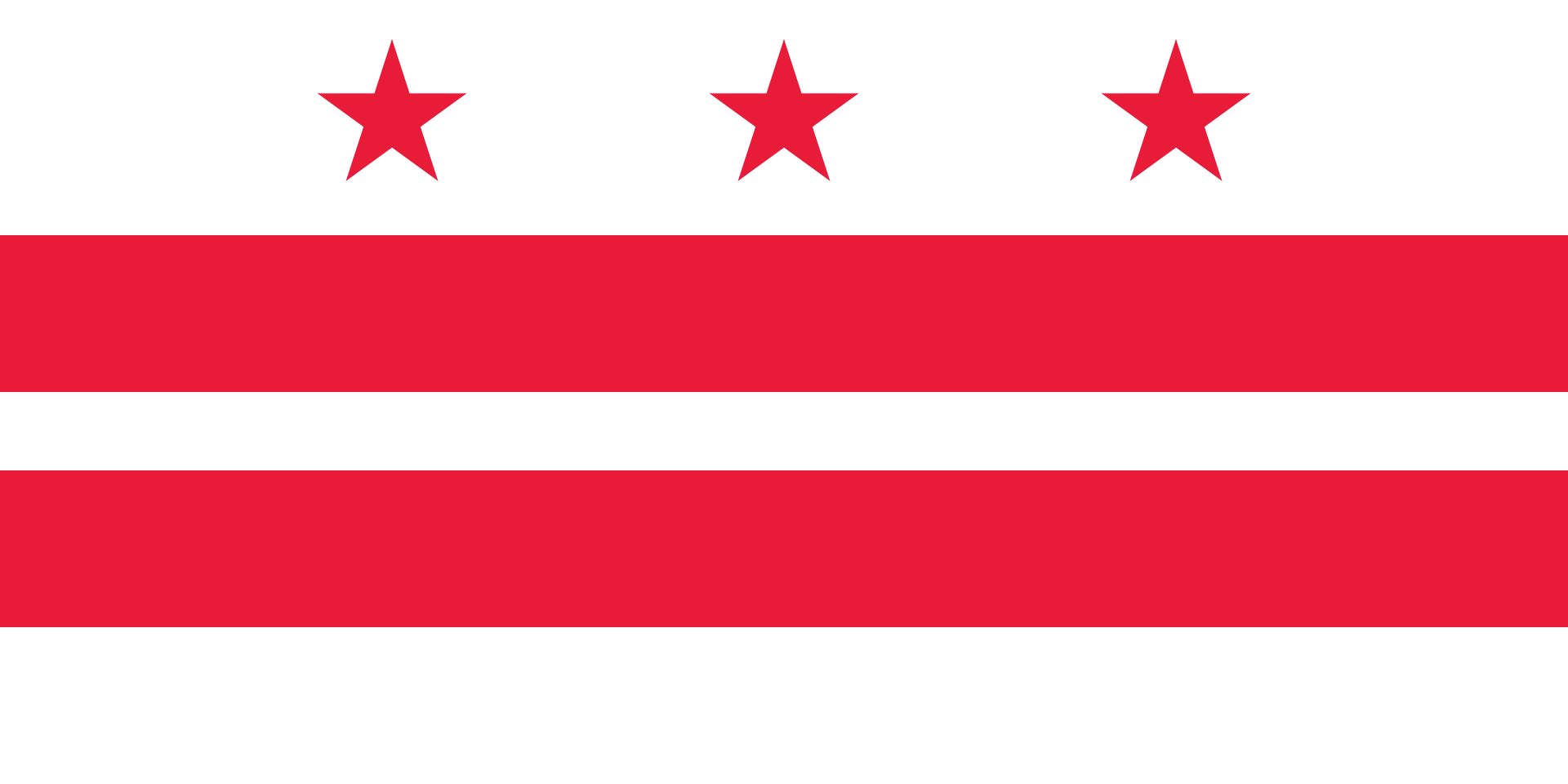 Washington, D.C.
Washington, D.C.

 Important International Organizations
Important International Organizations

 Economy and trade
Economy and trade
 Economic and political research
Economic and political research

Der Internationale Währungsfonds (IWF; englisch International Monetary Fund, IMF; auch bekannt als Weltwährungsfonds) ist eine rechtlich, organisatorisch und finanziell selbständige Sonderorganisation der Vereinten Nationen mit Sitz in Washington, D.C., USA.
Hauptaufgabe des IWF ist die Vergabe von Krediten an Länder ohne ausreichende Währungsreserven, die in Zahlungsbilanzschwierigkeiten geraten sind. Weitere Tätigkeitsfelder sind die Förderung der internationalen Zusammenarbeit in der Währungspolitik, Ausweitung des Welthandels, Stabilisierung von Wechselkursen, Überwachung der Geldpolitik und technische Hilfe.
Der IWF und seine Schwesterorganisation Weltbank haben ihren Ursprung im 1944 geschaffenen Bretton-Woods-System fester Wechselkurse, das auf der damals mit Gold gedeckten Leitwährung US-Dollar beruhte. Sie waren als internationale Steuerungsinstrumente geplant, mit denen eine Wiederholung der Währungsturbulenzen der Zwischenkriegszeit und der Fehler des Goldstandards aus den 1920er Jahren verhindert werden sollte. Beide Organisationen werden daher als Bretton-Woods-Institution bezeichnet. Die Kreditvergabe des IWF ist an wirtschaftspolitische Auflagen geknüpft, die die Rückzahlung der Kredite sichern sollen. Anders als der IWF vergibt die Weltbank auch Kredite für spezielle Projekte.
Der IWF hat zurzeit (Stand April 2020) 189 Mitgliedstaaten, deren Stimmrecht sich an ihrem Kapitalanteil orientiert. Die Mitgliedstaaten mit den größten Stimmanteilen sind: USA 16,51 %, Japan 6,15 %, China 6,08 %, Deutschland 5,32 %, Frankreich 4,03 %, Vereinigtes Königreich 4,03 % und Italien 3,02 %. Von den deutschsprachigen Ländern haben außerdem Luxemburg 0,29 %, Österreich 0,81 % und die Schweiz 1,18 % Stimmenanteile.[4]
Beschlüsse müssen im IWF mit einer Mehrheit von 85 % getroffen werden. Dadurch verfügen jeweils die USA allein und die EU-Staaten gemeinsam de facto über eine Sperrminorität.[5]
国际货币基金组织(法语:Fonds Monétaire International,缩写:FMI;英语:International Monetary Fund,缩写:IMF)于1945年12月27日成立,与世界银行同为世界两大金融机构,由189个国家组成,致力于促进全球货币合作,确保金融稳定,促进国际贸易。职责是监察货币汇率和各国贸易情况、提供技术和资金协助[3][4][5],确保全球金融制度运作正常;其总部设置于美国华盛顿特区。
国際通貨基金(こくさいつうかききん、英語: International Monetary Fund, IMF)は、国際金融、並びに、為替相場の安定化を目的として設立された国際連合(国連)の専門機関である。本部は、アメリカ合衆国の首都ワシントンD.C.にある。2018年現在、加盟国は189か国である[2]。
加盟国の経常収支が著しく悪化した場合などに融資などを実施することで、国際貿易の促進、加盟国の高水準の雇用と国民所得の増大、為替の安定、などに寄与する事を目的としている。 また、為替相場の安定のために、経常収支が悪化した国への融資や、為替相場と各国の為替政策の監視などを行っている。各国の中央銀行の取りまとめ役のような役割を負う。世界銀行と共に、国際金融秩序の根幹を成す。
The International Monetary Fund (IMF) is an international organization headquartered in Washington, D.C., consisting of 189 countries working to foster global monetary cooperation, secure financial stability, facilitate international trade, promote high employment and sustainable economic growth, and reduce poverty around the world while periodically depending on the World Bank for its resources.[1] Formed in 1944 at the Bretton Woods Conference primarily by the ideas of Harry Dexter White and John Maynard Keynes,[6] it came into formal existence in 1945 with 29 member countries and the goal of reconstructing the international payment system. It now plays a central role in the management of balance of payments difficulties and international financial crises.[7] Countries contribute funds to a pool through a quota system from which countries experiencing balance of payments problems can borrow money. As of 2016, the fund had XDR 477 billion (about US$ 667 billion).[8]
Through the fund and other activities such as the gathering of statistics and analysis, surveillance of its members' economies, and the demand for particular policies,[9] the IMF works to improve the economies of its member countries.[10] The organization's objectives stated in the Articles of Agreement are:[11] to promote international monetary co-operation, international trade, high employment, exchange-rate stability, sustainable economic growth, and making resources available to member countries in financial difficulty.[12] IMF funds come from two major sources: quotas and loans. Quotas, which are pooled funds of member nations, generate most IMF funds. The size of a member's quota depends on its economic and financial importance in the world. Nations with larger economic importance have larger quotas. The quotas are increased periodically as a means of boosting the IMF's resources in the form of special drawing rights.[13]
The current Managing Director (MD) and Chairwoman of the IMF is Bulgarian Economist Kristalina Georgieva, who has held the post since October 1, 2019.[14]
Gita Gopinath was appointed as Chief Economist of IMF from 1 October 2018. She received her PhD in economics from Princeton University. Prior to her IMF appointment she was economic adviser to the Chief Minister of Kerala, India.[15]
Le Fonds monétaire international (FMI) est une institution internationale regroupant 189 pays, dont le but est de promouvoir la coopération monétaire internationale, garantir la stabilité financière, faciliter les échanges internationaux, contribuer à un niveau élevé d’emploi, à la stabilité économique et faire reculer la pauvreté2.
Le FMI a ainsi pour fonction d'assurer la stabilité du système monétaire international (SMI) et la gestion des crises monétaires et financières. Pour cela, il fournit des crédits aux pays qui connaissent des difficultés financières mettant en péril l'organisation gouvernementale du pays, la stabilité de son système financier (banques, marchés financiers) ou les flux d'échanges de commerce international avec les autres pays.
Lors d'une crise financière, pour éviter qu’un pays ne fasse « défaut » (c’est-à-dire que ce pays ne puisse plus rembourser ses créanciers, voire ne plus payer ses dépenses courantes), le FMI lui prête de l’argent le temps que la confiance des agents économiques revienne. Le FMI conditionne l’obtention de prêts à la mise en place de certaines réformes économiques visant en principe à réguler la gestion des finances publiques (ingérence financière) et à établir une croissance économique équilibrée à long terme.
L'institution a été créée le 27 décembre 1945 et devait à l'origine garantir la stabilité du système monétaire international, dont l'écroulement après le krach de 1929 avait eu des effets catastrophiques sur l'économie mondiale. Après 1976 et la disparition d’un système de change fixe, le FMI perd l'essentiel de sa raison d'être et hérite d'un nouveau rôle face aux problèmes d'endettement des pays en développement et à certaines crises financières.
Il Fondo Monetario Internazionale (in sigla FMI; in inglese International Monetary Fund, IMF) è un'organizzazione internazionale pubblica[1] a carattere universale composta dai governi nazionali di 189 Paesi e insieme al gruppo della Banca Mondiale fa parte delle organizzazioni internazionali dette di Bretton Woods, dal nome della località in cui si tenne la famosa conferenza che ne sancì la creazione. L'FMI è stato formalmente istituito il 27 dicembre 1945, quando i primi 44 stati firmarono l'accordo istitutivo e l'organizzazione nacque nel maggio del 1946. Attualmente gli Stati membri sono 189.
El Fondo Monetario Internacional o FMI (en inglés: International Monetary Fund, IMF) es una organización financiera internacional con sede en Washington D. C., Estados Unidos. Nace como idea el 22 de julio de 1944 en los acuerdos de Bretton Woods, una reunión de 730 delegados de 44 países aliados de la Segunda Guerra Mundial, entrando en vigor oficialmente el 27 de diciembre de 1945. Después de 1976 y de la desaparición del sistema de cambio fijo, el FMI toma un papel preponderante ante países en desarrollo y crisis financieras internacionales. En 2010, durante la 14ª revisión general de cuotas los fondos financieros disponibles del FMI se situaban en 755 700 millones de U.S.dólares.1
A través del fondo y otras actividades como la recolección de estadísticas y datos, monitoreo de las actividades económicas de los países miembros, y la demanda de políticas concretas,2 el FMI trabaja para mejorar la economía de sus países miembros.3 Los objetivos proclamados por la organización son:4 promover la cooperación monetaria internacional, comercio internacional, reducir la desocupación, conseguir tasas de cambio sustentables, lograr crecimiento económico, y otorgar razonablemente recursos a países miembros en dificultades económicas.5 El FMI se financia con dos grandes herramientas: cuotas y préstamo. Las cuotas son aportes realizados por los países miembros al fondo común de la organización. Las mayores economías hacen aportes proporcionales mayores que las economías más pequeñas. Además, las obligaciones de cuotas aumentan periódicamente como forma de aumentar los recursos de los que puede disponer el FMI en forma de derechos especiales de giro.6
Esta organización ha sido fuertemente criticada en las últimas décadas. Las principales críticas se centran en el papel dominante que tienen los países desarrollados dentro del organismo, lo que causa que el FMI oriente sus políticas globales al fomento de un capitalismo que suele denominarse neoliberal,7 a causa de haber impuesto a los países en vías de desarrollo —y más recientemente a algunos países europeos— sus programas económicos basados en el Consenso de Washington que consisten en la reducción del déficit y del gasto público y consecuentemente de servicios y prestaciones sociales, con fundamento en las políticas y teorías monetaristas y en el principio de libre mercado,8 que deben llevarse a cabo como condiciones de los préstamos realizados y que según sus críticos ha provocado un aumento de la brecha entre ricos y pobres y un empeoramiento de los servicios públicos, como la sanidad.9 También está acusada por haber apoyado y financiado a las dictaduras militares en Latinoamérica y Africa,10 y se le han criticado puntualmente sus políticas sobre medio ambiente11 y alimentación.12
Международный валютный фонд, (МВФ) (англ. International Monetary Fund, IMF) — специализированное учреждение (валютный фонд) Организации объединённых наций (ООН) с главным офисом в городе Вашингтон, США.
189 стран являются членами МВФ, в его структурах работают 2500 человек из 133 государств мира. МВФ предоставляет кратко- и среднесрочные кредиты при дефиците платёжного баланса государства. Предоставление кредитов обычно сопровождается набором определённых условий и рекомендаций. Политика и рекомендации МВФ в отношении развивающихся стран неоднократно подвергались критике, суть которой состоит в том, что выполнение рекомендаций и условий, в итоге, направлено не на повышение самостоятельности, стабильности и развитие национальной экономики государства, а лишь на привязывание её к международным финансовым потокам.
В отличие от Всемирного банка, деятельность МВФ сосредоточена на относительно кратковременных макроэкономических кризисах. Всемирный банк предоставляет кредиты только бедным странам, МВФ может давать кредиты любой из своих стран-членов, которая испытывает нехватку иностранной валюты для покрытия краткосрочных финансовых обязательств.
 International Labour Organization,ILO
International Labour Organization,ILO
 Guy Ryder
Guy Ryder

 Medical, Pharmaceutical, Rehabilitation
Medical, Pharmaceutical, Rehabilitation
 Nobel prize
Nobel prize
 Nobel prize
Nobel prize
 1969
1969
 Nobel prize
Nobel prize
 Nobel Peace Prize
Nobel Peace Prize
 Switzerland
Switzerland
 Genf
Genf

 Important International Organizations
Important International Organizations
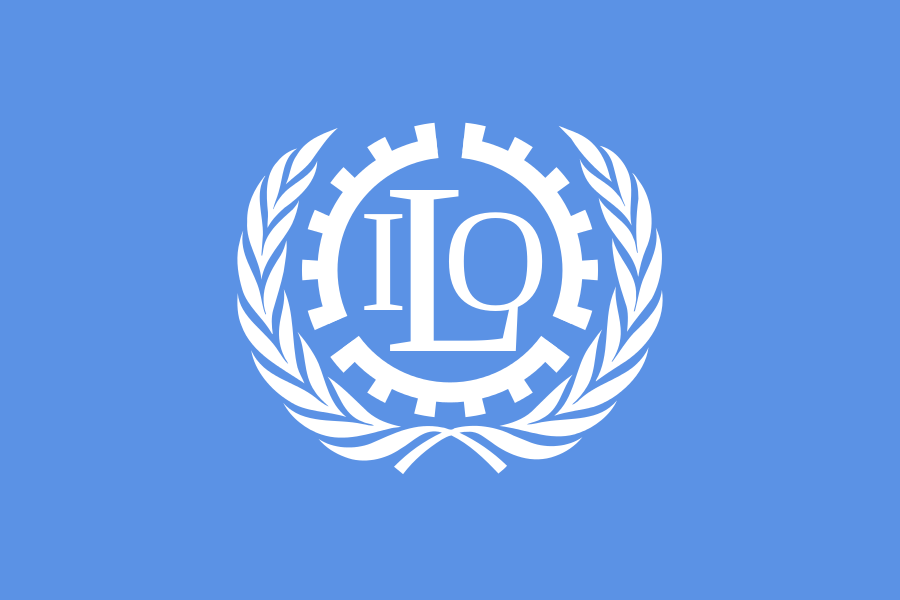
国际劳工组织(英语:International Labour Organization - ILO;法语:Organisation internationale du Travail;西班牙语:Organización Internacional del Trabajo)是联合国的一个专门机构,也是联合国唯一的三方机构(政府、雇主和工人)。该组织成立于1919年,其设立是《凡尔赛和约》的组成部分。该组织制订劳工标准、政策和计划,促进所有女性和男性享有体面劳动,追求社会正义以建立世界持久和平。[1]该组织因保障社会正义、努力增进国家间情谊获得了1969年诺贝尔和平奖。[2]截至2021年3月,该组织共有187个成员国。
1919年1月至4月期间,巴黎和会先后于巴黎和凡尔赛宫召开了会议,其设立的劳工委员会起草了《国际劳工组织章程》,国际劳工组织作为国际联盟的附属机构成立。《章程》借鉴了国际劳工立法协会(1901年于巴塞尔成立)运作中产生的理念,其序言概括了包括安全、人道、政治和经济等驱动该组织诞生的因素。
Die Internationale Arbeitsorganisation (IAO,[3] auch ILO; englisch: International Labour Organization, ILO; französisch: Organisation internationale du travail, OIT; spanisch: Organización Internacional del Trabajo, OIT) ist eine Sonderorganisation der Vereinten Nationen und damit beauftragt, soziale Gerechtigkeit sowie Menschen- und Arbeitsrechte zu fördern.[4] Dies schließt die Bekämpfung des Menschenhandels mit ein.[5]

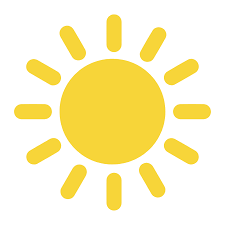 Energy resource
Energy resource
 *Nuclear power
*Nuclear power

 Energy resource
Energy resource
 *International Thermonuclear Experimental Reactor
*International Thermonuclear Experimental Reactor
 Austria
Austria

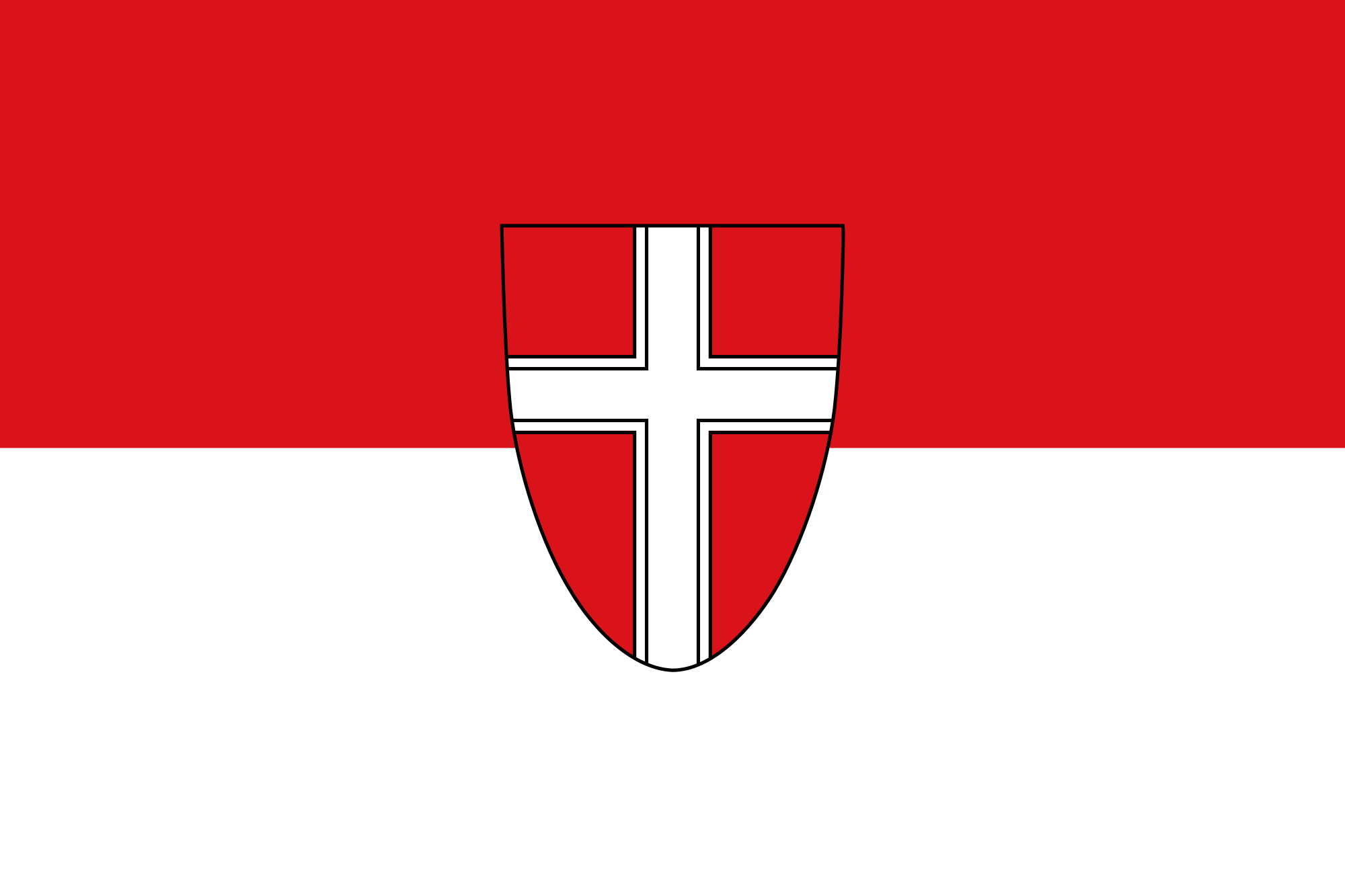 Vienna
Vienna
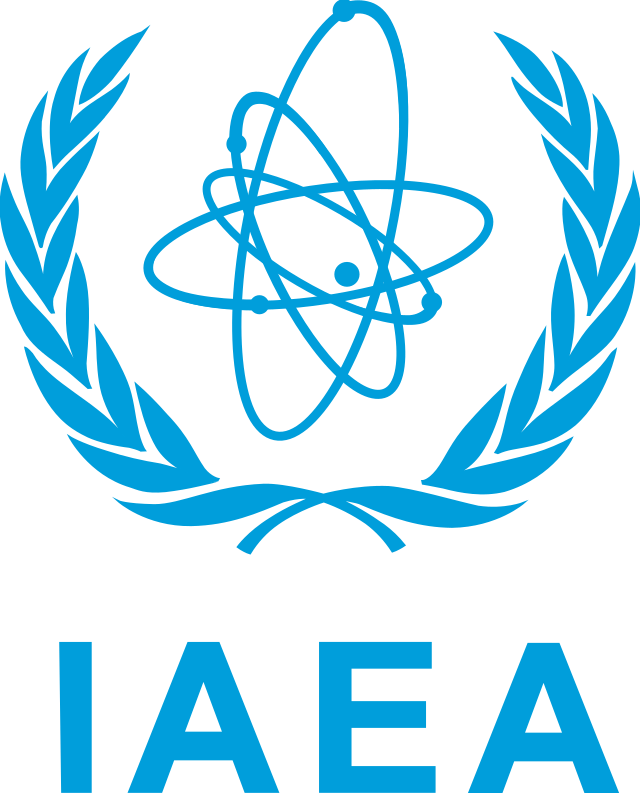
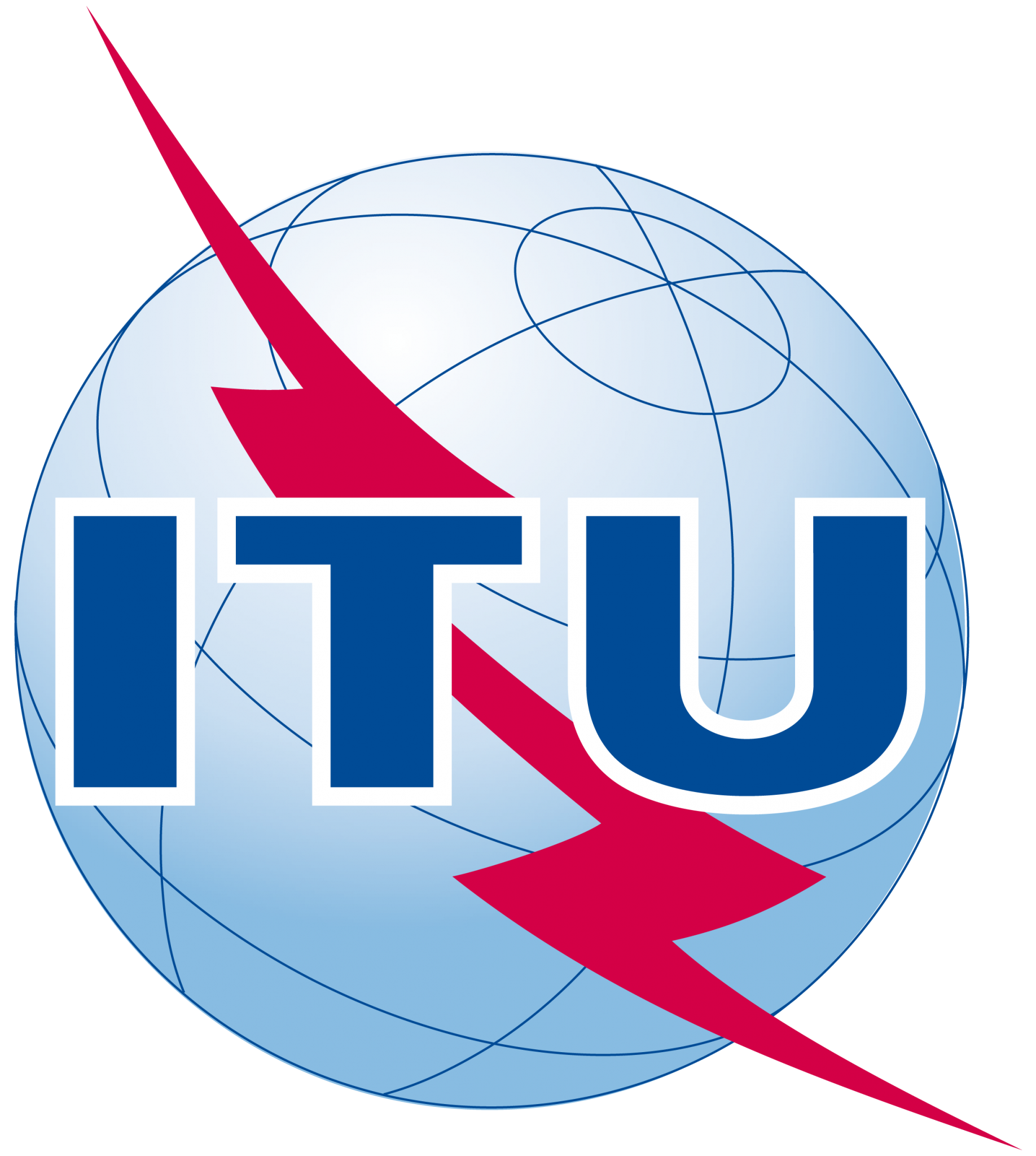
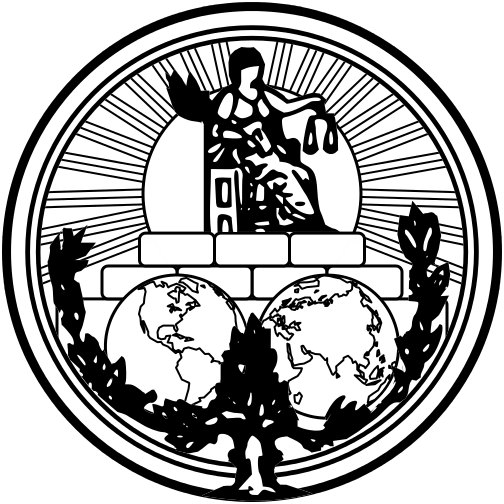

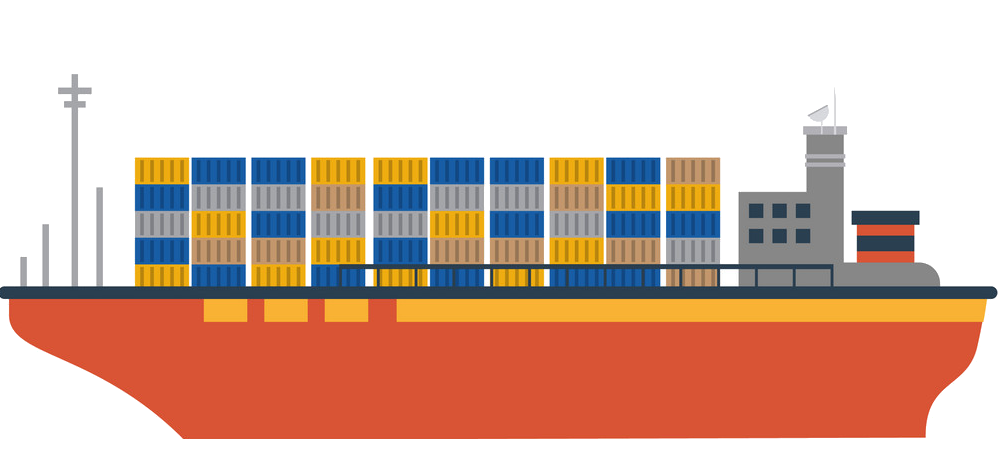 Ships and Nautics
Ships and Nautics
 §International Maritime Organization
§International Maritime Organization
 United Kingdom
United Kingdom

 Important International Organizations
Important International Organizations


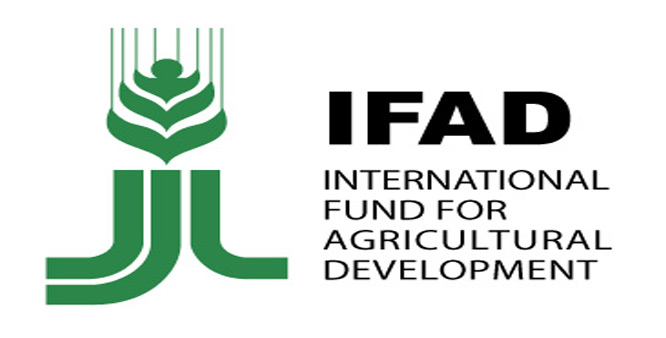
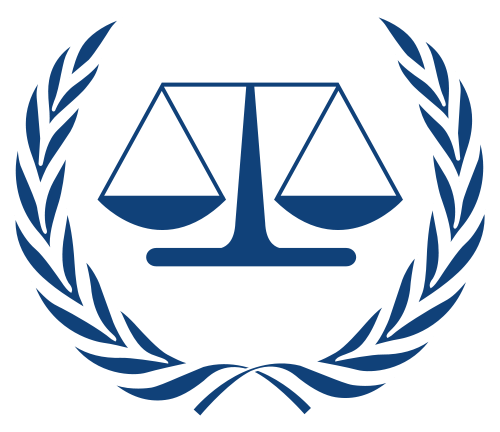
 Nobel prize
Nobel prize
 Nobel prize
Nobel prize
 1981
1981
 Nobel prize
Nobel prize
 Nobel Peace Prize
Nobel Peace Prize
 Nobel prize
Nobel prize
 1954
1954
 Switzerland
Switzerland

 Important International Organizations
Important International Organizations
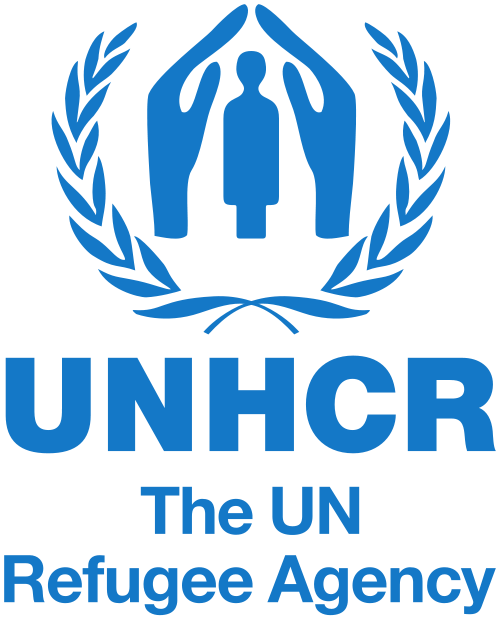
联合国难民事务高级专员办事处(法语:Le Haut Commissariat des Nations unies pour les réfugiés ; 英语:Office of the UN High Commissioner for Refugees,缩写为法语:HCR ; 英语:UNHCR),简称联合国难民署(法语:Agence des Nations Unies pour les réfugiés; 英语:UN Refugee Agency)是一个负责保护和支持难民的联合国机构,宗旨是领导和协调世界范围内保护难民和解决难民问题的国际行动。在当地政府或联合国本身的要求下,难民署会向当地难民提供援助。本署的总部设于瑞士日内瓦,并且是联合国发展集团的成员[1]。本署于1950年12月14日成立,并于1954年和1981年获颁诺贝尔和平奖[2]。
Hoher Flüchtlingskommissar der Vereinten Nationen (englisch United Nations High Commissioner for Refugees ‚Hochkommissar der Vereinten Nationen für Flüchtlinge‘, UNHCR) ist ein persönliches Amt der Vereinten Nationen (UN). Ihm untersteht das Hochkommissariat (engl. Office of the United Nations High Commissioner for Refugees, OHCR, auch The UN Refugee Agency). Es ist mit dem Schutz von Flüchtlingen und Staatenlosen (Flüchtlingsrecht) beauftragt und auch im Bereich der humanitären Hilfe tätig.[1]
Die Organisation mit Dienstsitz in Genf ist als Nebenorgan der Vereinten Nationen der Generalversammlung rechenschaftspflichtig.

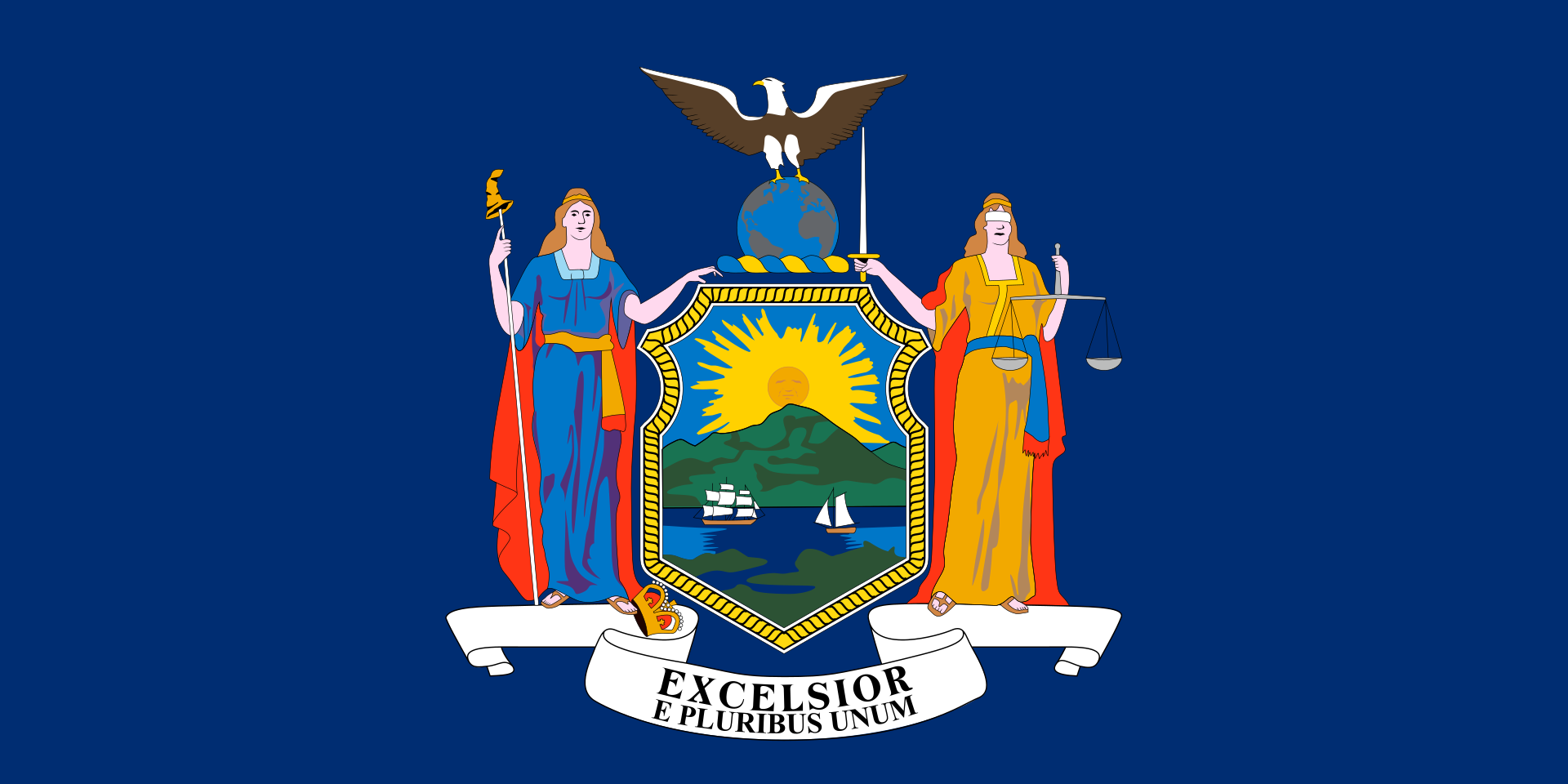 New York-NY
New York-NY
 Nobel prize
Nobel prize
 Nobel prize
Nobel prize
 1965
1965
 Nobel prize
Nobel prize
 Nobel Peace Prize
Nobel Peace Prize
 United States
United States

 Important International Organizations
Important International Organizations

联合国儿童基金会(英语:The United Nations Children's Fund)(旧称联合国国际儿童紧急救援基金会,英语:United Nations International Children's Emergency Fund,简称UNICEF)是联合国一个专门机构,于1946年12月11日在联合国大会上成立,总部设于美国纽约,对发展中国家的母亲和孩子进行长期的人道主义和发展援助。作为一个志愿性的基金机构,联合国儿童基金会依靠政府和私人的捐助。他的项目着重于提高社区服务水平,以提高儿童的健康。联合国儿童基金会在1965年获得了诺贝尔和平奖,而本会亦于1985至87年间成立香港跑马地分会,现址位于香港岛炮台山英皇道75-83号联合出版大厦。在联合国儿童基金会执行主任Carol Bellamy到期以后,2005年5月由美国前农业部部长担任执行主任,将加速新千年的发展目标提上了议事日程。
联合国儿童基金会是促进建立一个实现儿童权利世界的主要推动力。联合国儿童基金会对全球决策者及基层各类合作伙伴的影响力可将一些富有创意的想法变为现实。这个特性使其有别于其他世界组织和从事儿童工作的组织。联合国儿童基金会相信抚养和关爱儿童是人类发展的基石。联合国儿童基金会就是为了实现这一目的而创立的—与其他机构协力克服贫困、暴力、疾病和歧视给儿童成长之路带来的障碍。联合国儿童基金会认为我们能够携手推进这一人道主义事业。
作为联合国主管儿童问题的机构,联合国儿童基金会在156个发展中和转型中国家开展工作,保障儿童的生存和发展。联合国儿童基金会是世界上最大的为贫穷国家提供疫苗的机构,为确保儿童的健康和达到营养标准,它通过为所有男女孩童提供高质量的基础教育、安全净水和卫生设施以及努力保护儿童免遭暴力、剥削和艾滋病的影响来推进千年发展目标的实现。
Das Kinderhilfswerk der Vereinten Nationen (ursprünglich: englisch United Nations International Children’s Emergency Fund, seit 1953: United Nations Children’s Fund, UNICEF) ist eine Sonderorganisation der Vereinten Nationen und fungiert als eine ihrer entwicklungspolitischen Organe. Sie wurde am 11. Dezember 1946 gegründet, zunächst um Kindern in Europa nach dem Zweiten Weltkrieg zu helfen. Heute arbeitet die Organisation weltweit in über 190 Staaten und Territorien.[1] Der Schwerpunkt der Arbeit liegt in Entwicklungsländern und in den Krisengebieten der Erde. Dort unterstützt UNICEF Kinder und Mütter in den Bereichen Gesundheit, Familienplanung, Hygiene, Ernährung sowie Bildung und leistet humanitäre Hilfe in Notsituationen. Außerdem setzt sich UNICEF politisch für die Kinderrechte ein, so etwa im Einsatz gegen den Missbrauch von Kindern als Soldaten oder für den Schutz von geflüchteten Kindern. Die Organisation tritt weltweit für die Umsetzung der UN-Kinderrechtskonvention und der Ziele für nachhaltige Entwicklung (Agenda 2030)[2] ein. Hierzu werden auch in Industrieländern in geringerem Umfang Programme durchgeführt, zum Beispiel zum Schutz von geflüchteten Kindern.
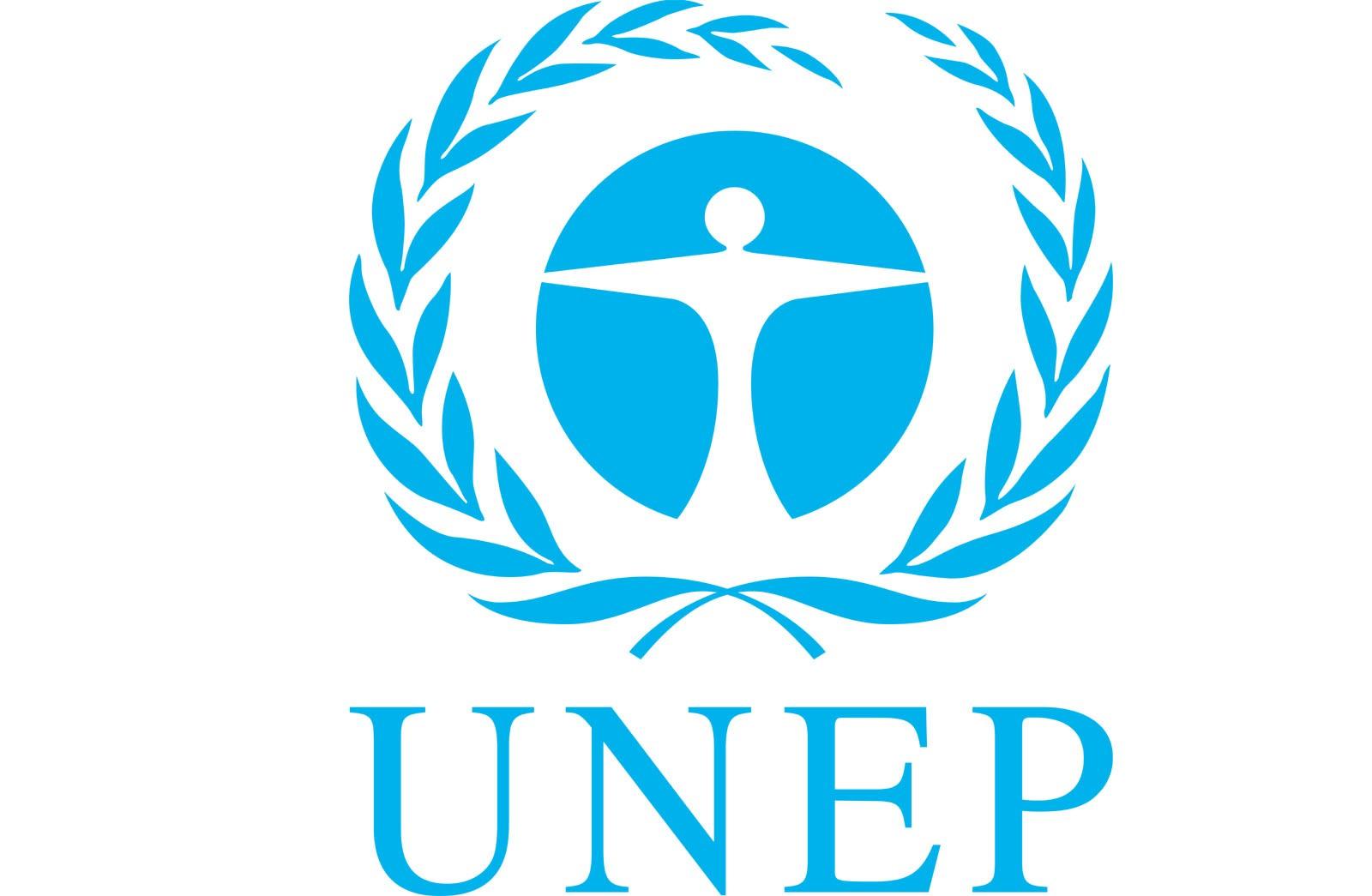
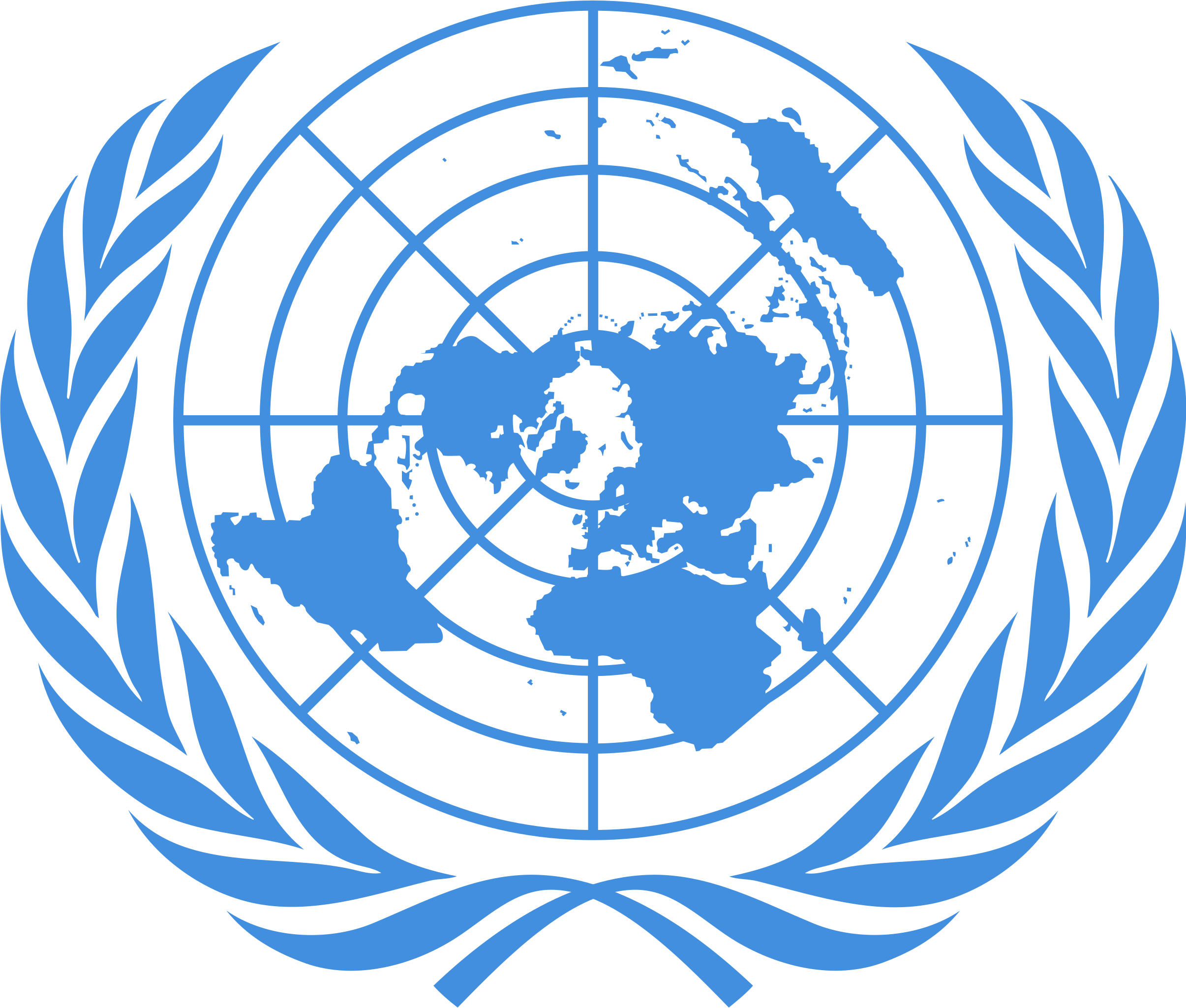 United Nations
United Nations

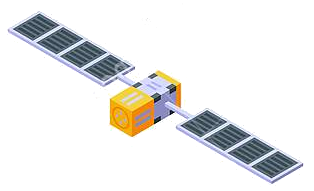
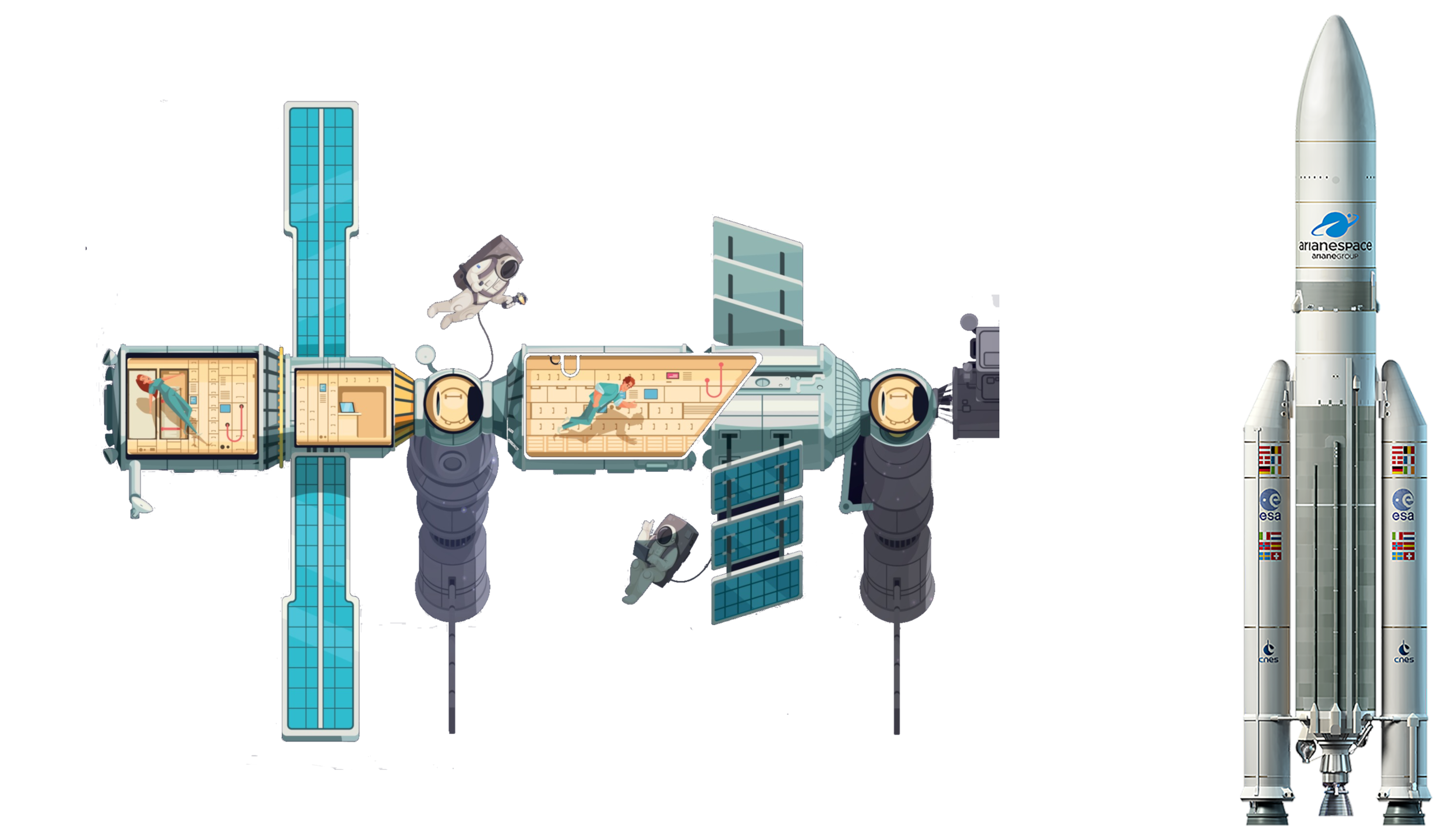 Aerospace
Aerospace
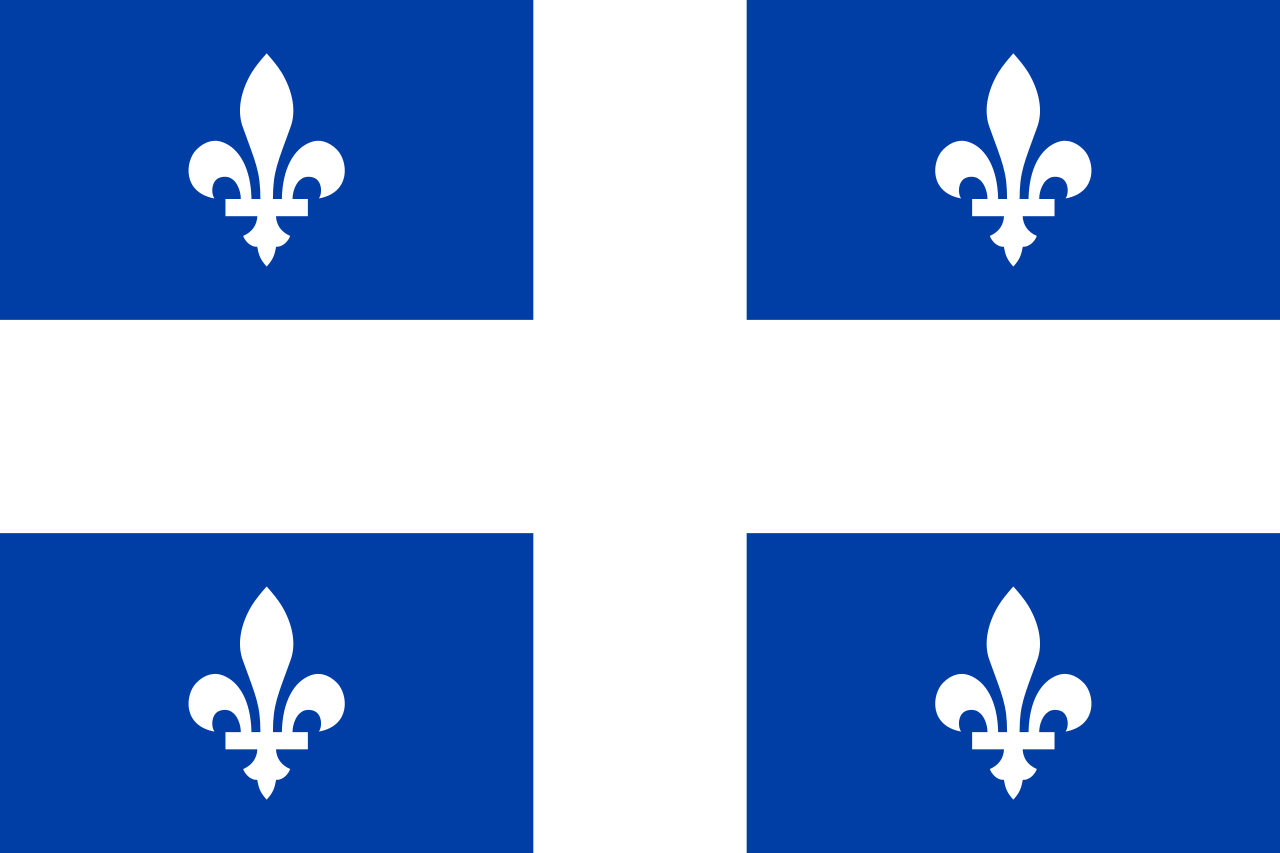 Quebec-QC
Quebec-QC
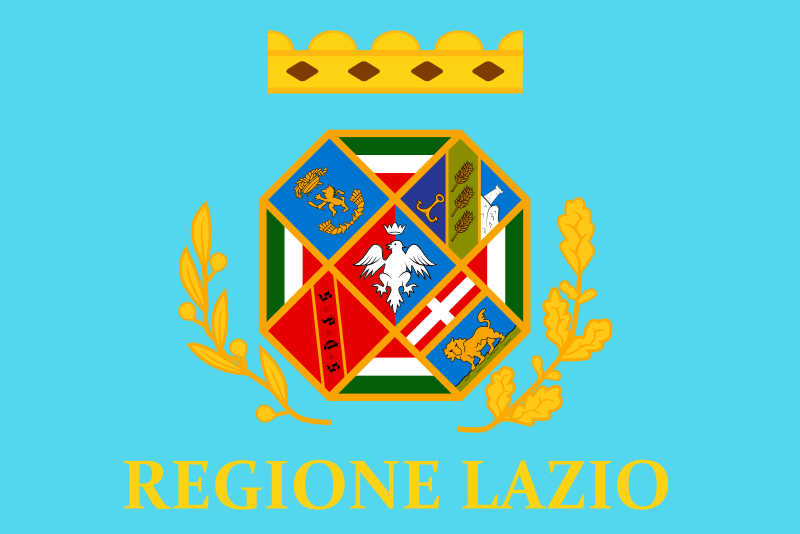 Lazio
Lazio
 Law
Law